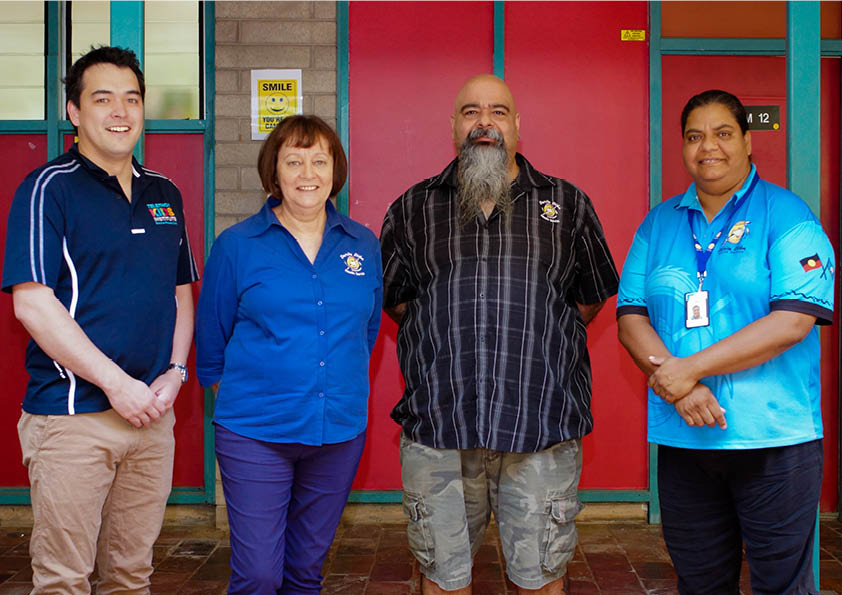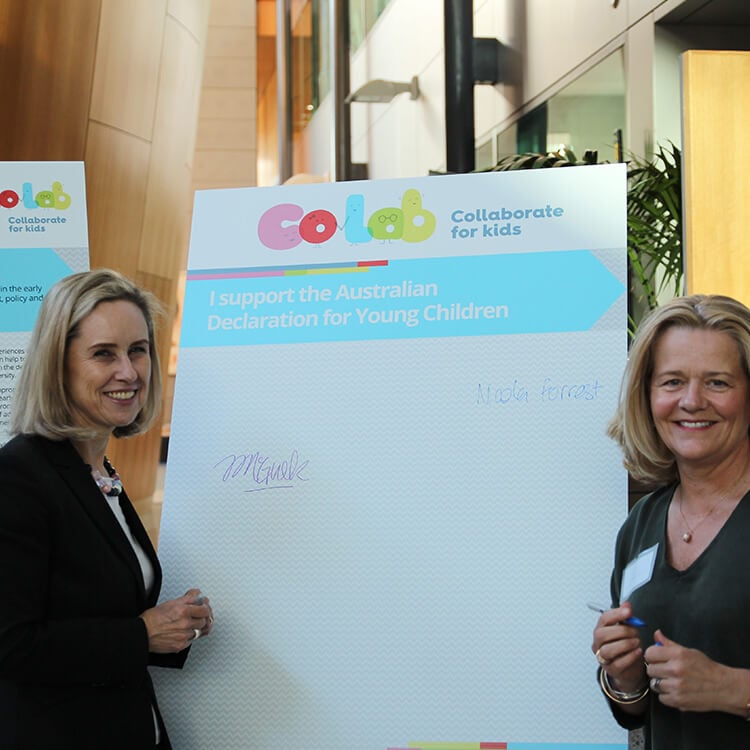Search

News & Events
National guideline to tackle record rates of skin infectionResearchers have developed the first National Healthy Skin Guideline to address record rates of skin infections in Australia’s Indigenous communities.

News & Events
InFocus Interview: Kirsten Hancock on multigenerational disadvantage in AustraliaAn InFocus Research Interview with Kirsten Hancock of the Human Capability Team at The Kids Research Institute Australia on multigenerational disadvantage in Australia.

News & Events
Nine out of ten young people in detention found to have severe neuro-disabilityNine out of ten incarcerated youth examined by The Kids researchers as part of a ground-breaking study had some form of neuro-disability.

News & Events
New RHD research collaboration with Danila Dilba Health ServiceThe Kids Research Institute Australia and Menzies School of Health Research have joined forces with Danila Dilba Health Service to look at improving treatment for RHD.

News & Events
Inaugural Winner of the Deborah Lehmann Research AwardCongratulations goes to Celestine Aho, the inaugural winner of the $30,000 Deborah Lehmann Research Award.

News & Events
New research to tackle rising food allergies in kidsnew research at The Kids Research Institute Australia will look at the diets of mums to see if regularly eating more eggs or peanuts during pregnancy and while breastfeeding

News & Events
$2 million grant to develop diagnostic tool for rheumatic feverThe Kids Research Institute Australia & Menzies School of Health Research will lead an international project to develop a diagnostic tool for acute rheumatic fever.

News & Events
Child health a focus in national research grantsThe Kids Research Institute Australia researchers have been awarded more than $8 million in prestigious project grants from the NHMRC.

News & Events
Australia-first Declaration highlights early childhood action requiredMore than 70 leading early childhood experts have come together with CoLab to develop the first-ever Australian Declaration (of evidence) for Early Childhood.

News & Events
Funding boost music to the ears of WA childrenA $6 million commitment from Wesfarmers to Telethon will fund vital research to reduce the impact of chronic ear infections and other serious diseases.
